


Tirunelveli
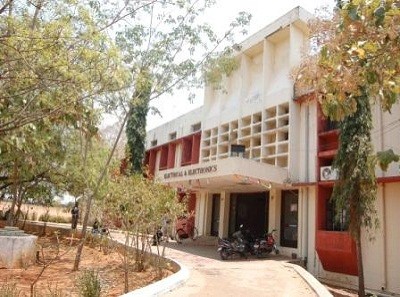 Electrical and Electronics Engineering department was introduced during the academic year 1986-87. M.E. Power Electronics and Drives was introduced from 2002. EEE Department is having well equiped laboratries for UG/PG students. Staff members are doing Research/Guiding Research work and working with AICTE funded project MODROBS. This department is recognized by Anna University as fully fledged software and internet accessibility to cater the needs of students. The faculty members are actively engaged in research activities in the areas like Power Electronics, Power Systems and Distributed Generation Systems. Conducting National Level Conference for PG students every year since 2005.
Electrical and Electronics Engineering department was introduced during the academic year 1986-87. M.E. Power Electronics and Drives was introduced from 2002. EEE Department is having well equiped laboratries for UG/PG students. Staff members are doing Research/Guiding Research work and working with AICTE funded project MODROBS. This department is recognized by Anna University as fully fledged software and internet accessibility to cater the needs of students. The faculty members are actively engaged in research activities in the areas like Power Electronics, Power Systems and Distributed Generation Systems. Conducting National Level Conference for PG students every year since 2005.
Our Vision is to make the department into a distinguished center of learning, research, build skilled professionals who drive technological and societal sustainability
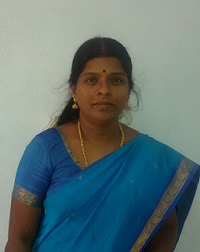 |
Dr. P. Latha M.E.,Ph.D., MISTE Professor, Head & Principal |
| Area of Specialization | Image Processing |
| Email ID | platha@gcetly.ac.in |
| Contact Number | 9443562637 |
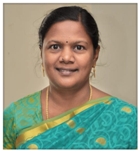 |
Dr. J. Suganthi, M.E., Ph.D., MISTE., Professor(CAS) |
| Area of Specialization | Power Electronics and Drives |
| Email ID | suganthi@gcetly.ac.in |
| Contact Number | 9842180770 |
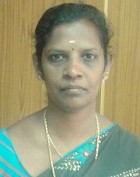 |
Dr. P. Subha Karuvelam, M.E.,Ph.D., MISTE. Professor(CAS) |
| Area of Specialization | Power electronics |
| Email ID | subha96psgtech@yahoo.co.in |
| Contact Number | 9894734482 |
 |
Dr. M. Gnana Sundari, M.E.,Ph.D., MISTE. Professor(CAS) |
| Area of Specialization | Power electronics and Drives |
| Email ID | gnanasundari@gcetly.ac.in |
| Contact Number | 9487725458 |
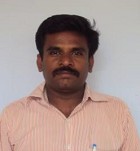 |
Dr. P.Selvam M.E.,Ph.D., MISTE Associate Professor |
| Area of Specialization | Power system Engineering |
| Email ID | selvam@gcetly.ac.in |
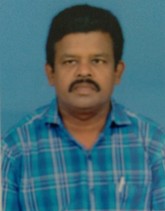 |
Dr. A. THANGARAJ M.E.,Ph.D.,MISTE,MIE, Assistant Professor |
| Area of Specialization | Control and Instrumentation Engineering |
| Email ID | thangaraj@gcetly.ac.in |
| Contact Number | 9489940850 |
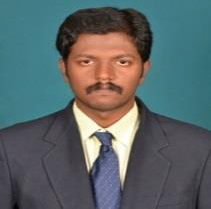 |
Dr. M. BALASUBRAMANIAN M.E.,Ph.D., Assistant Professor |
| Area of Specialization | Power system Engineering |
| Email ID | balasubramanian@gcetly.ac.in |
| Contact Number | 9976642967 |
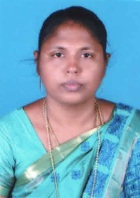 |
Dr. S. Ida Evangeline M.E.,Ph.D., Assistant Professor |
| Area of Specialization | - |
| Email ID | ida.fragi@gmail.com |
| Contact Number | 9659732492 |
 |
Dr. G. BALASUBRAMANIAN M.E.,Ph.D., Associate Professor (CAS) |
| Area of Specialization | Power system Engineering |
| Email ID | g.balasubramanian@gcetly.ac.in |
| Contact Number | 7010314909 |
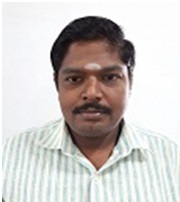 |
Dr.B. Paramasivam, M.E.,Ph.D., Associate Professor(CAS) |
| Area of Specialization | - |
| Email ID | paramasivam@gcetly.ac.in |
| Contact Number | 9894280929 |
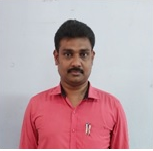 |
Mr. J.Saravanan M.E., Temporary Assistant Professor |
| Area of Specialization | Applied Electronics |
| Email ID | saran.josen@gmail.com |
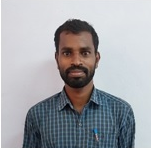 |
Mr. J. Arul Justin M.E., Temporary Assistant Professor |
| Area of Specialization | Power system Engineering |
| Email ID | aruljustin@gmail.com |
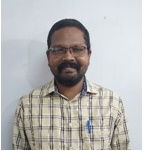 |
Mr. S. Sam Regis M.E., Temporary Assistant Professor |
| Area of Specialization | Power system Engineering |
| Email ID | samregis@gmail.com |
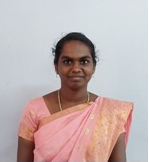 |
Mrs. K. Thanga Ranjitham M.E., Temporary Assistant Professor |
| Area of Specialization | Power Electronics and Drives |
| Email ID | thangaranjitham@gmail.com |
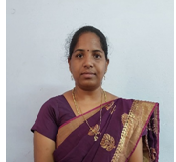 |
Mrs. S. Sangeetha M.E., Temporary Assistant Professor |
| Area of Specialization | Power Electronics and Drives |
| Email ID | sangeetha11935@gmail.com |
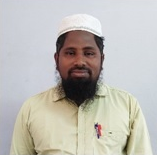 |
Mr. M. B. Gnaniyar M.E., Temporary Assistant Professor |
| Area of Specialization | Power System |
| Email ID | abdullahgnani281@gmail.com |
The department will continuously strive to achieve the following goals:
The lists of innovative teaching techniques adopted in the department are tabulated below:
| S.No | Innovation Method | Mode of Teaching/Learning Process | Objective |
|---|---|---|---|
| 1 | Virtual Teaching - Learning Management System (LMS) (Google Class Room, Microsoft Teams) | Online Tool/Blended learning | Simplify the process of creating, distributing, sharing, and grading assignment files between students and teachers |
| 2 | Learning with technology involving creation of YouTube channel | Online learning platform | A YouTube channel has become one of the teaching tools for teachers all around the world and are adding to their arsenal. The channels make it easier and more convenient for teachers to pass knowledge to students in ways that were never possible in the past. With video lectures it encourages a level of familiarity that helps with building a community and knowledge that is always available and accessible, irrespective of teacher’s and student’s location. |
| 3 | Teaching through Virtual Labs | Online learning platform | It involves learning of theoretical concepts of Software Engineering with help of virtual environment so that students will get better understanding of subject. Using Virtual labs first concepts are explained to students and then they are tested for their knowledge on the very same concepts. |
| 4 | Various multimedia tools | Presentation | Multimedia tools such as smart boards, demonstrations, and PowerPoint presentations, along with videos are used to teach effective techniques for learning. |
| 5 | E-Learning | NPTEL/Coursera/ Udemy/NITTT/IIT Spoken Tutorial | Upgrade the quality of Engineering education and using resources beyond the curriculum. |
| 6 | Industry- Institute Interaction | In order to overcome the gap between the theoretical knowledge and Practical knowledge, this teaching technique is very helpful. Students can understand how to implement their knowledge practically. | |
| 7 | Project Based Learning | Demonstration of working model of the project | Enhances the knowledge towards hardware aspect |
| 8 | Use of models/Animations/ PPTs/CASE studies | Presentation | Models, animations, PowerPoint presentations (PPT), and case studies are valuable tools for communicating complex information and engaging audiences. Their objectives include clarifying concepts, enhancing understanding, improving retention, and providing real-world context. |
| 9 | Student Seminars and Group Discussions | Presentation | In many subjects, students deliver Seminars to the rest of their classmates. This significantly boosts students’ confidence and their learning experience. Idea: To make students develop communication skills and reduce the stage fear in them. Implementation: Select topic Each student is assigned a topic, Students are asked to give an explanation on the concept |
| 10 | Teaching through Flipping Classroom | Presentation | It involves encouraging student for presentation of different concepts from the syllabus as a part of revision. Flipping the classroom is an effective teaching method. In this technique, the students are made active participants of the learning process by passing the onus of learning on them, it requires the teachers to relegate to the role of resource providers and the students take the responsibility of gathering concepts information. Using various tools of technology the students are encouraged to constructing knowledge, fill in the information gaps and make inferences on their own as and when needed. |
| 11 | Social Responsibility | To inculcate the social responsibility by participating students in NSS programme. | |
| 12 | Teaching through Alumni Interaction | It involves sharing knowledge by alumni working in Industry with their juniors on practical grounds. How to apply the principles of software/hardware engineering to the design, development, maintenance, testing, and evaluation of software can be learned. |
Google Classroom is a free platform designed for blended learning that educational institutions can utilize. It simplifies the process of creating, distributing, and grading assignments. The primary goal of Google Classroom is to facilitate file sharing between teachers and students. This suite of online tools allows teachers to set assignments, review student submissions, and return graded work. Administrators invite teachers and students to join the classroom using their individual email addresses as usernames.
| S. No. | Name of the Faculty | Subject | Link for the video Lectures |
|---|---|---|---|
| 1 | Dr. P. Subha Karuvelam,Prof(CAS) / EEE | Solid State Drives | Click to Watch |
| 2 | Dr. C. Ponmani,Prof(CAS) / EEE | Design of Electrical Machines | Click to Watch |
| 3 | Dr. A.Thangaraj,AP /EEE | Electro Magnetic Field Theory | Click to Watch |
| 4 | Mr. M. Balasubramanian,AP /EEE | Power System Transients | Click to Watch |
| 5 | Dr. J. Suganthi,Prof(CAS) / EEE | Digital Signal Processing High Voltage DC Transmission | Click to Watch |
It involves learning theoretical concepts of Software Engineering with the help of a virtual environment so that students will get a better understanding of the subject. Using Virtual labs first concepts are explained to students and then they are tested for their knowledge on the very same concepts.
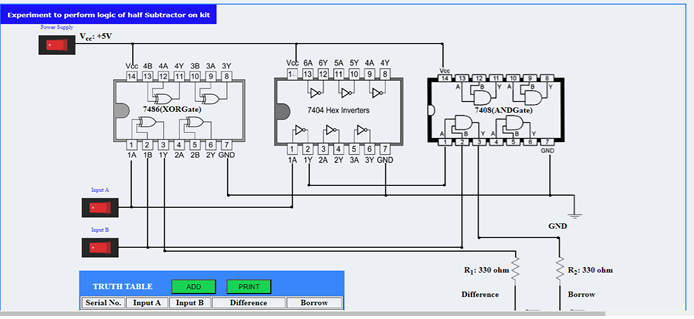
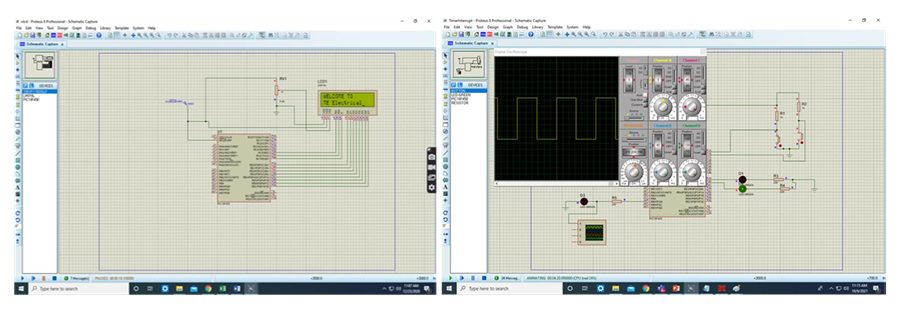
Multimedia tools such as smart boards, demonstrations, and PowerPoint presentations, along with videos are used to teach effective techniques for learning.
Video classes are conducted on an online platform and take place via the internet. These classes are highly informative and provide insights beyond the standard curriculum.
Separate classes are designated for students to refresh and enhance their knowledge. Each video class focuses on various topics, ensuring that the overall subject matter is covered with appropriate videos.
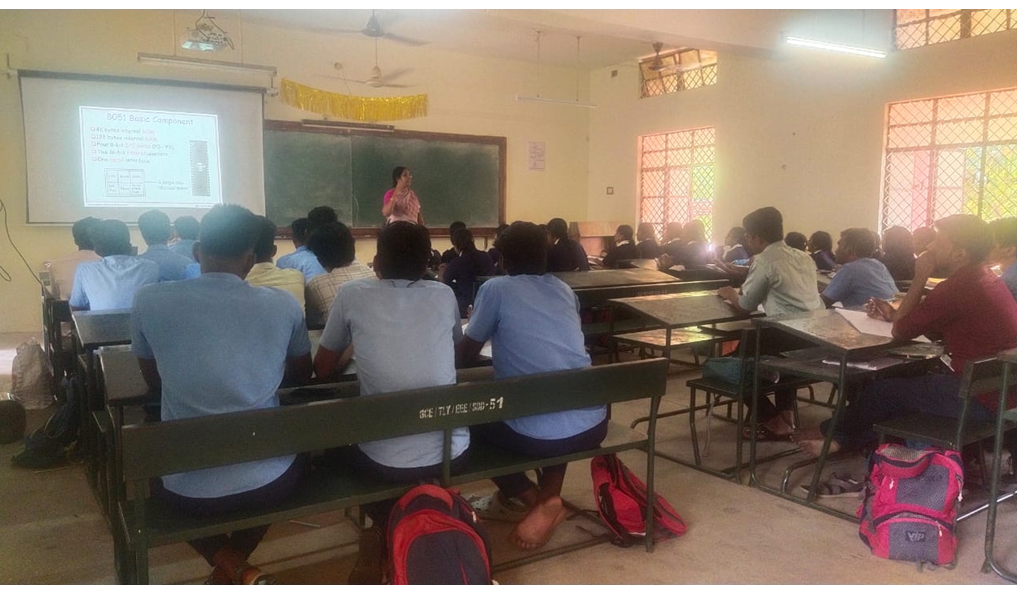
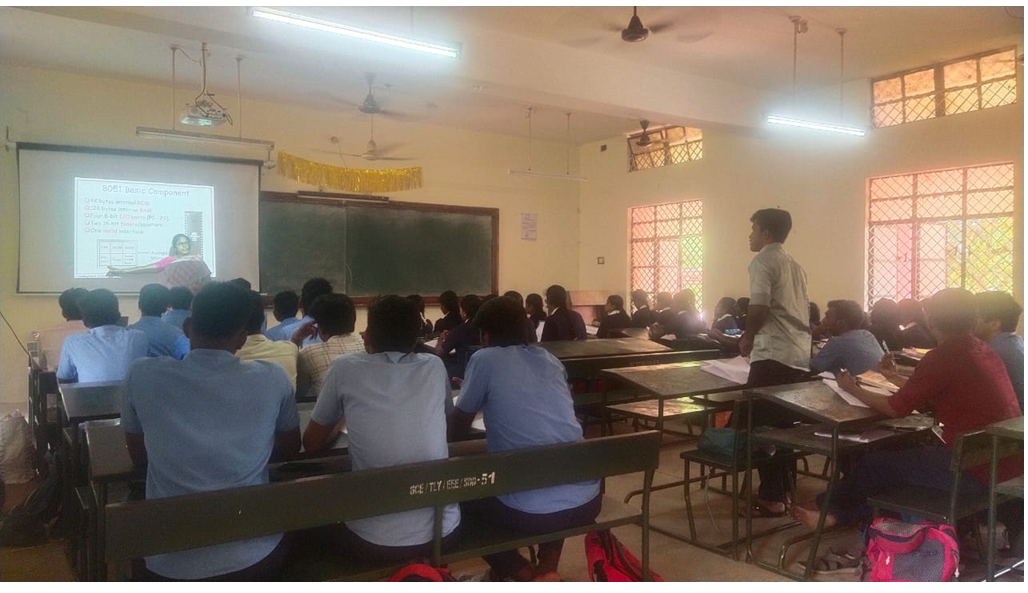
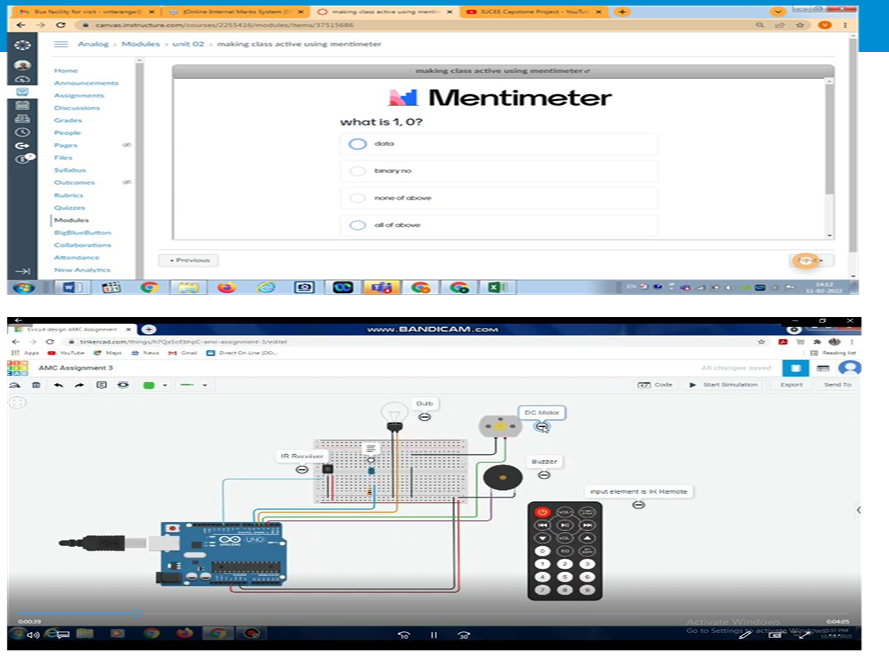
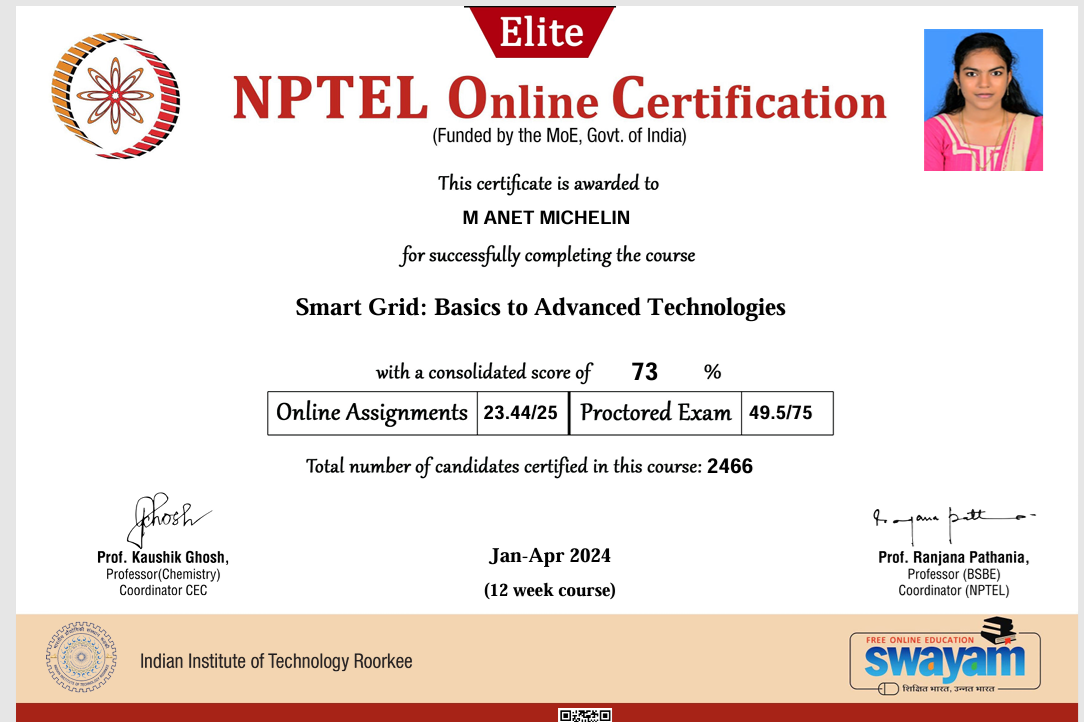
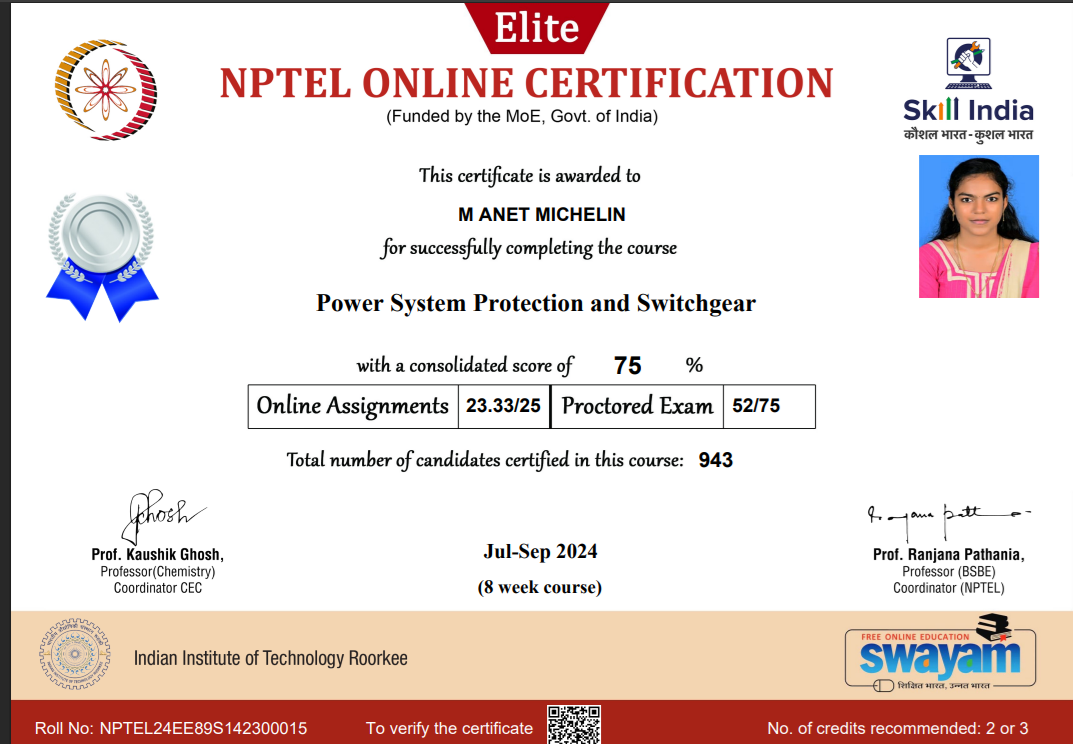
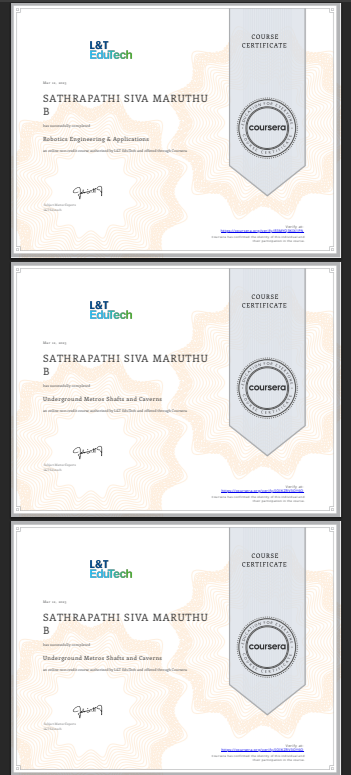
The students were very involved and learned students to have self learning beyond curriculum through the facilities available in the Learning resource centre.
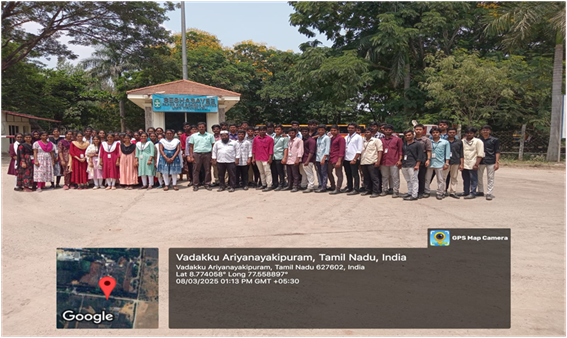
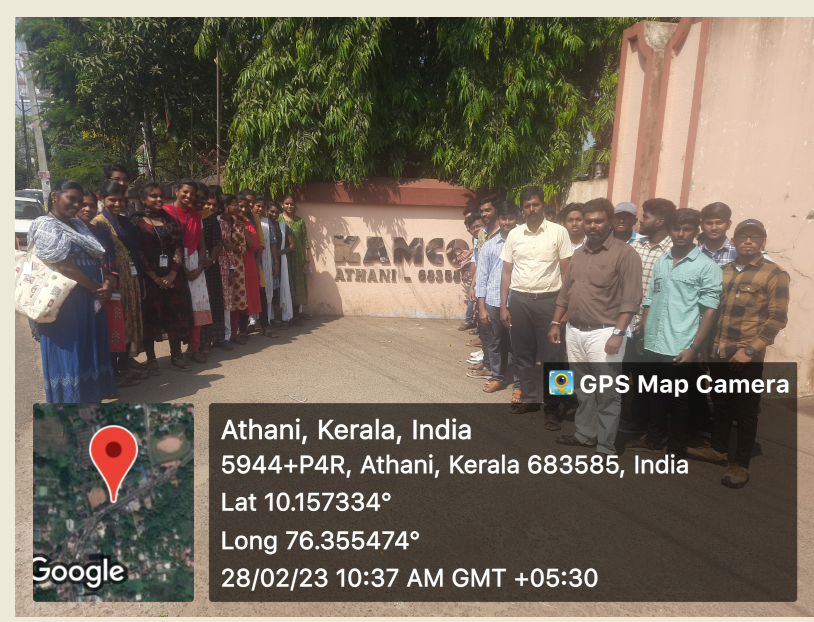
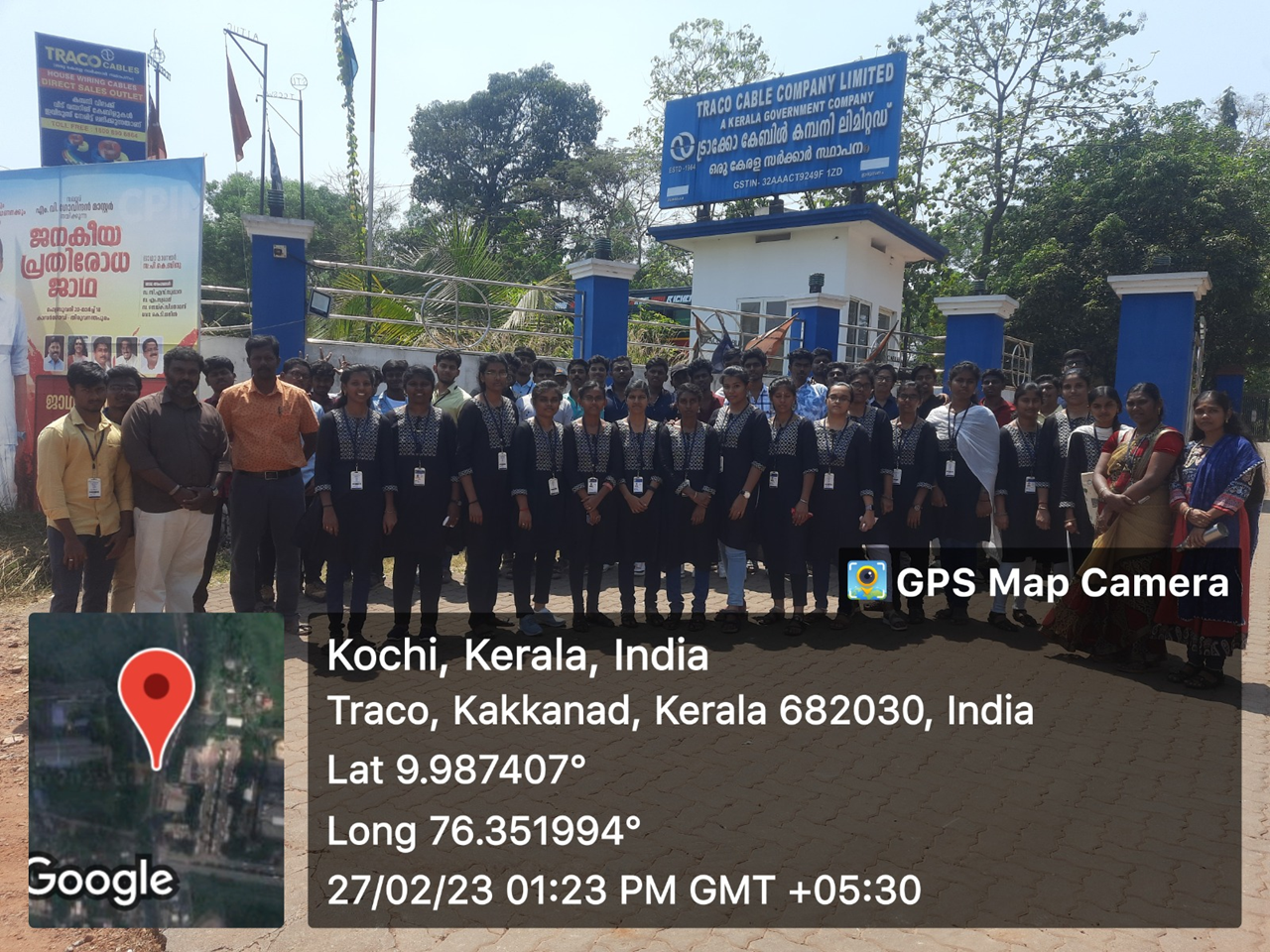
| S.No | INDUSTRY | DATE | YEAR | STUDENTS PARTICIPATED |
|---|---|---|---|---|
| 1 | Papanasam Hydro Power Plant | 14.05.2022 | II | 61 |
| 2 | KudankulamNuclear Power Plant | 13.06.2022 | II | 61 |
| 3 | Traco Cable Company Limited | 27.02.2023 | III | 50 |
| 4 | Kerala Agro Machinery Corporation Ltd | 28.02.2023 | III | 50 |
| 5 | RENOM Energy Services Pvt Ltd | 13.03.2024 | IV | 66 |
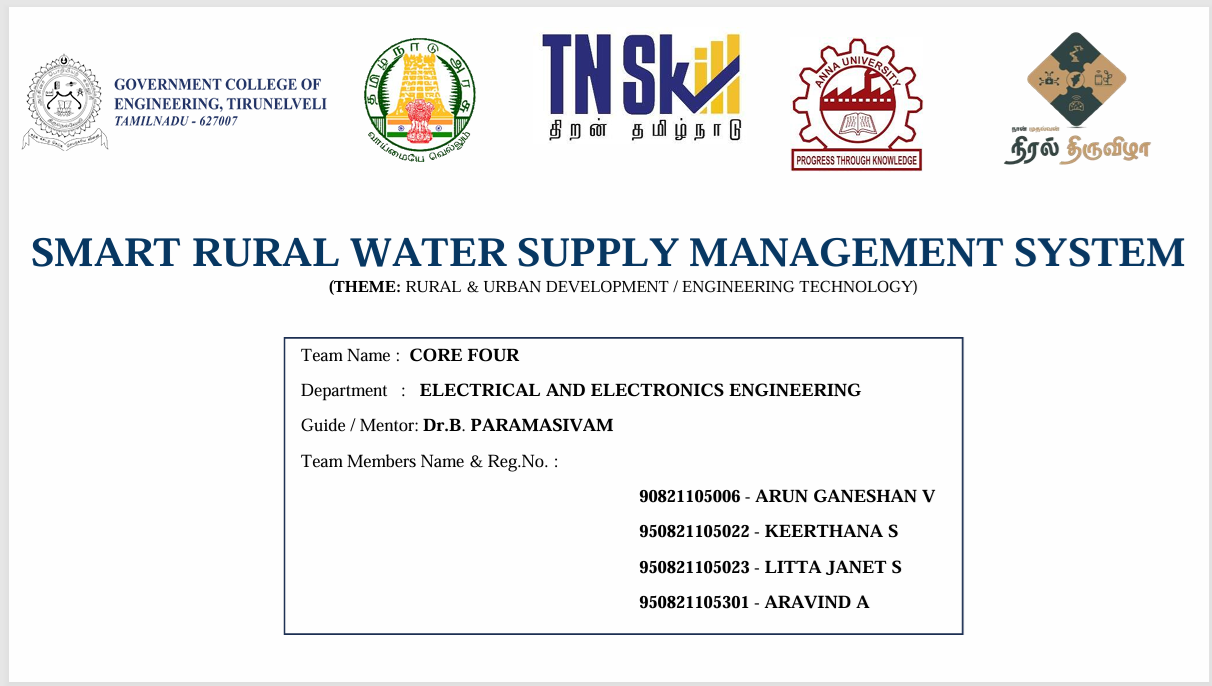
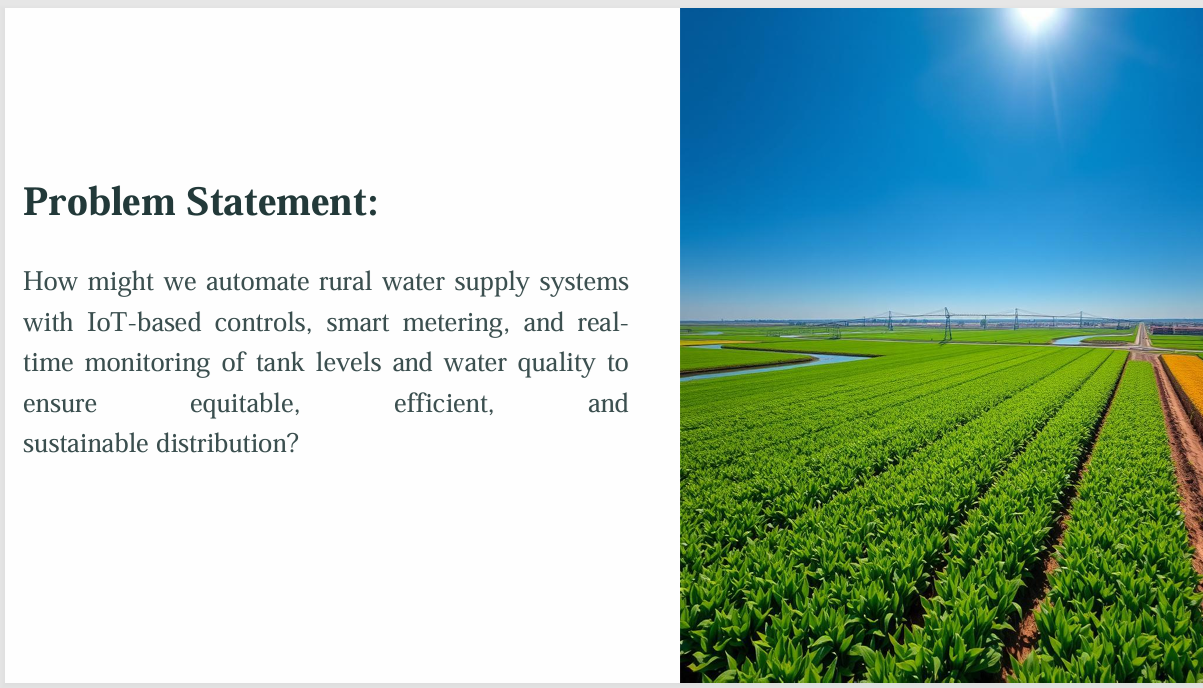
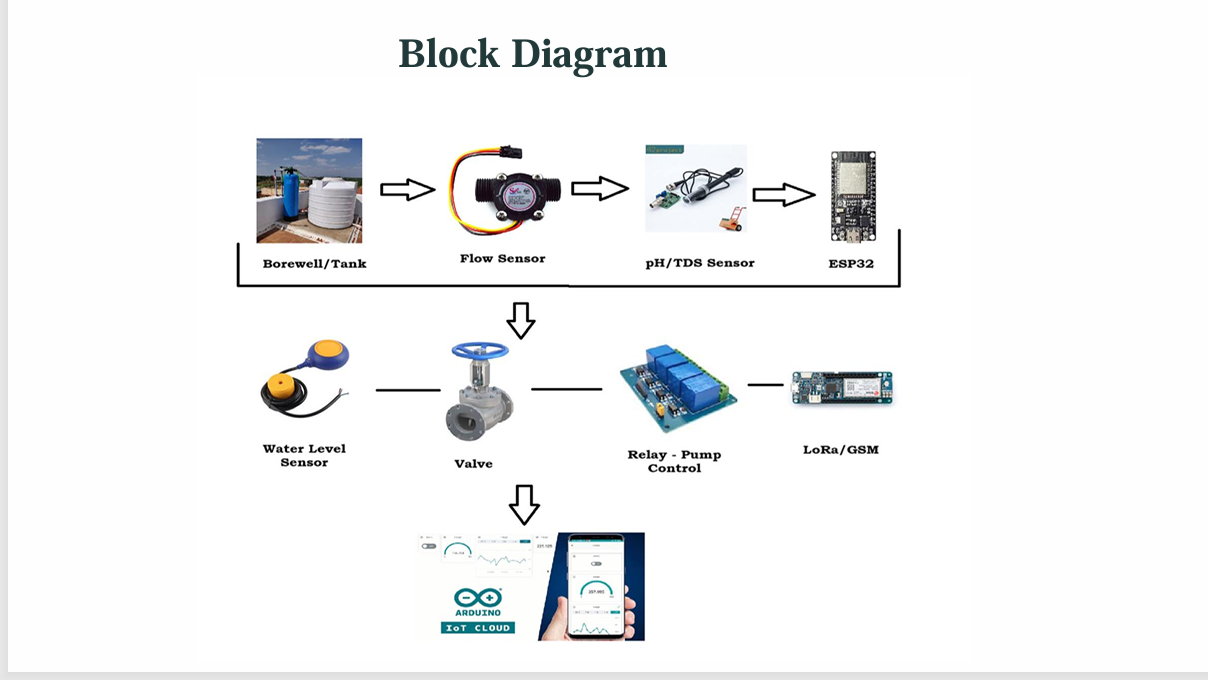
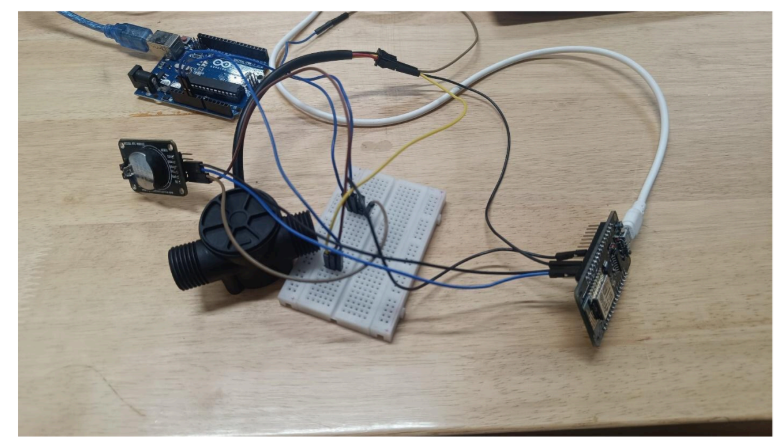
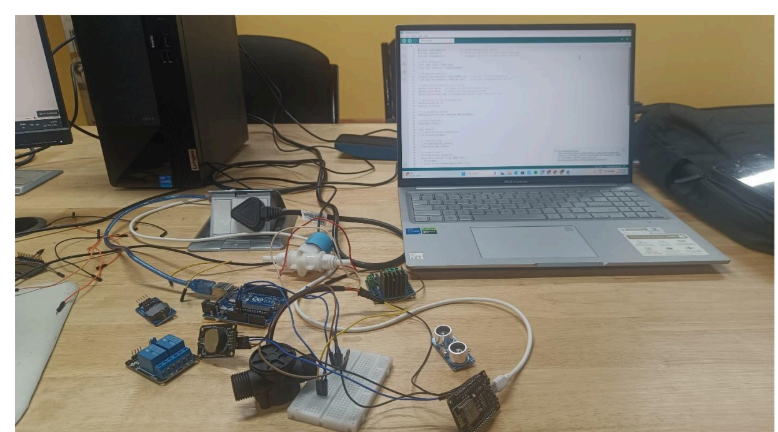

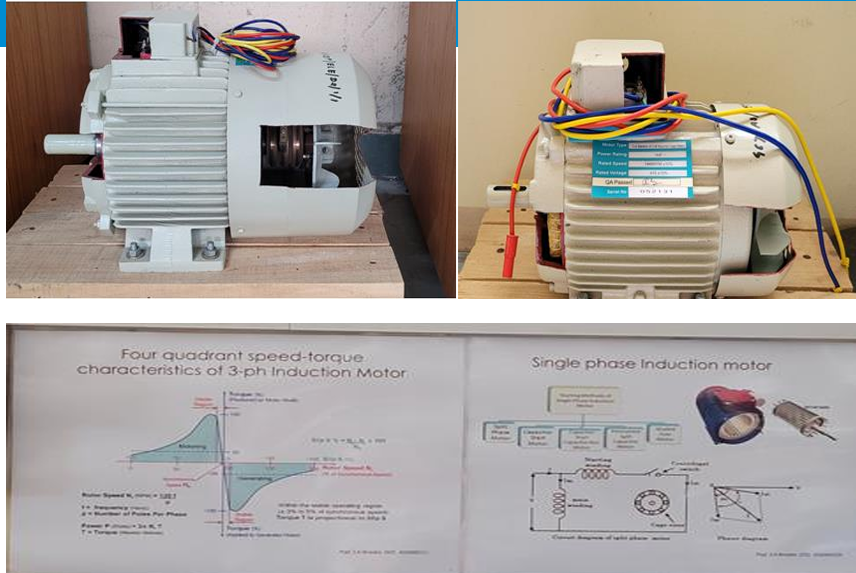
Working models enhance the thinking abilities of the students. Animations, Charts and Case studies help students to understand and grasp the concept easily.
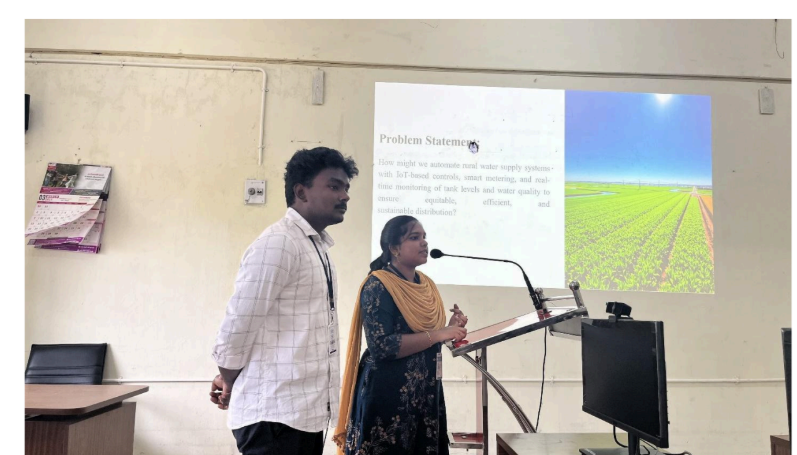
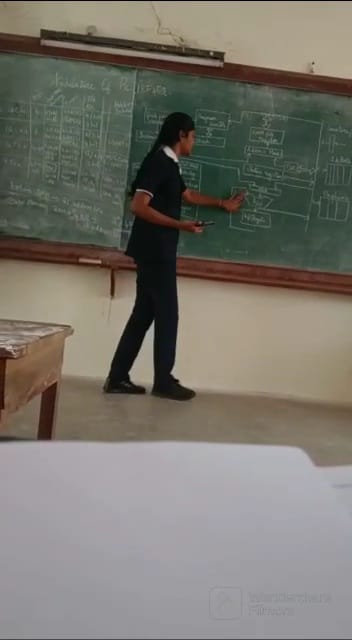
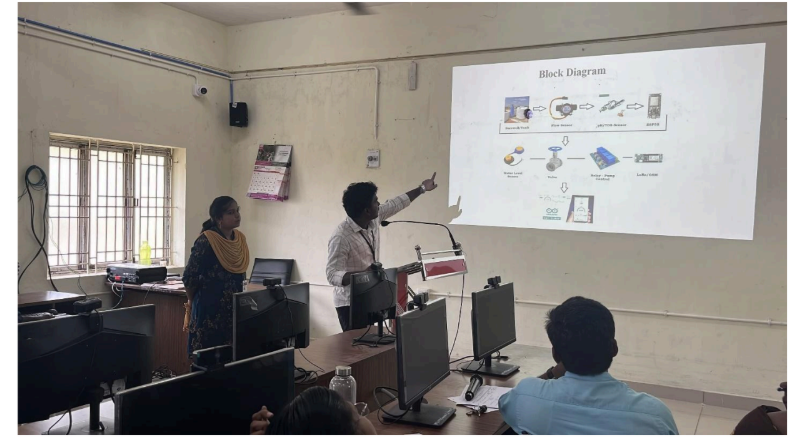
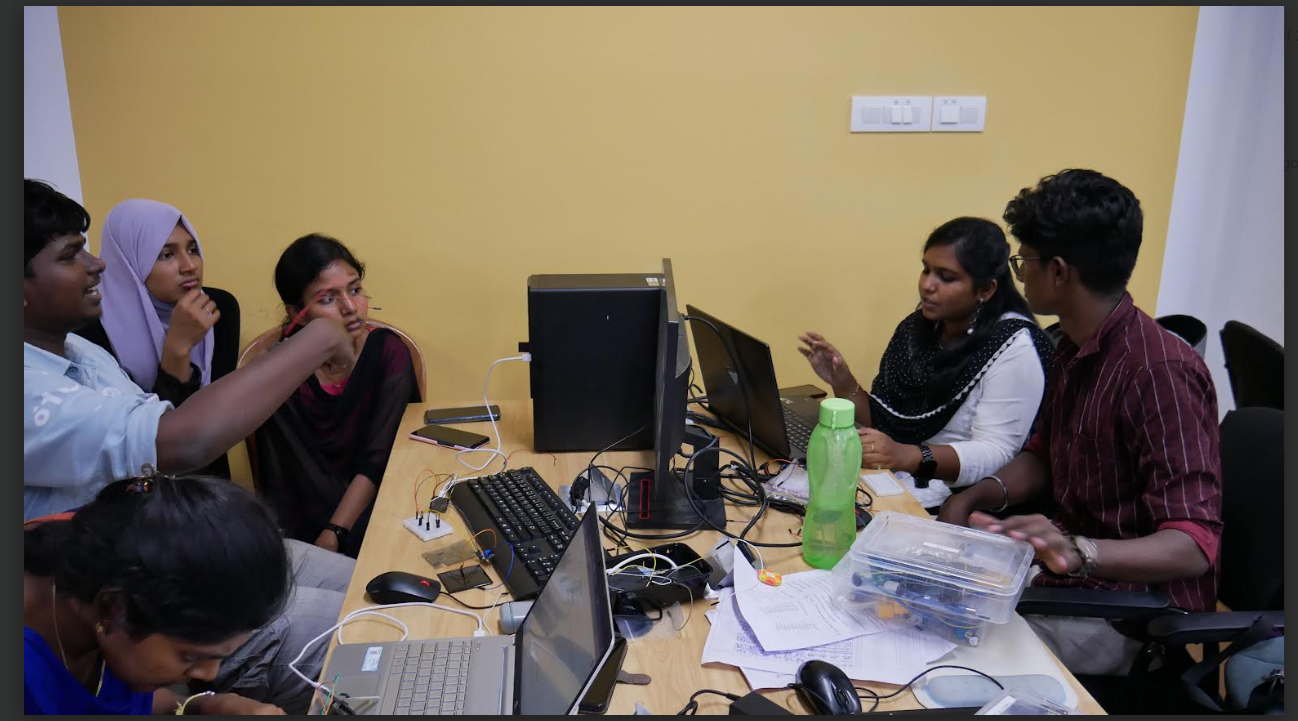
Bringing out the communication skills of students, Bringing out the creative thoughts of students
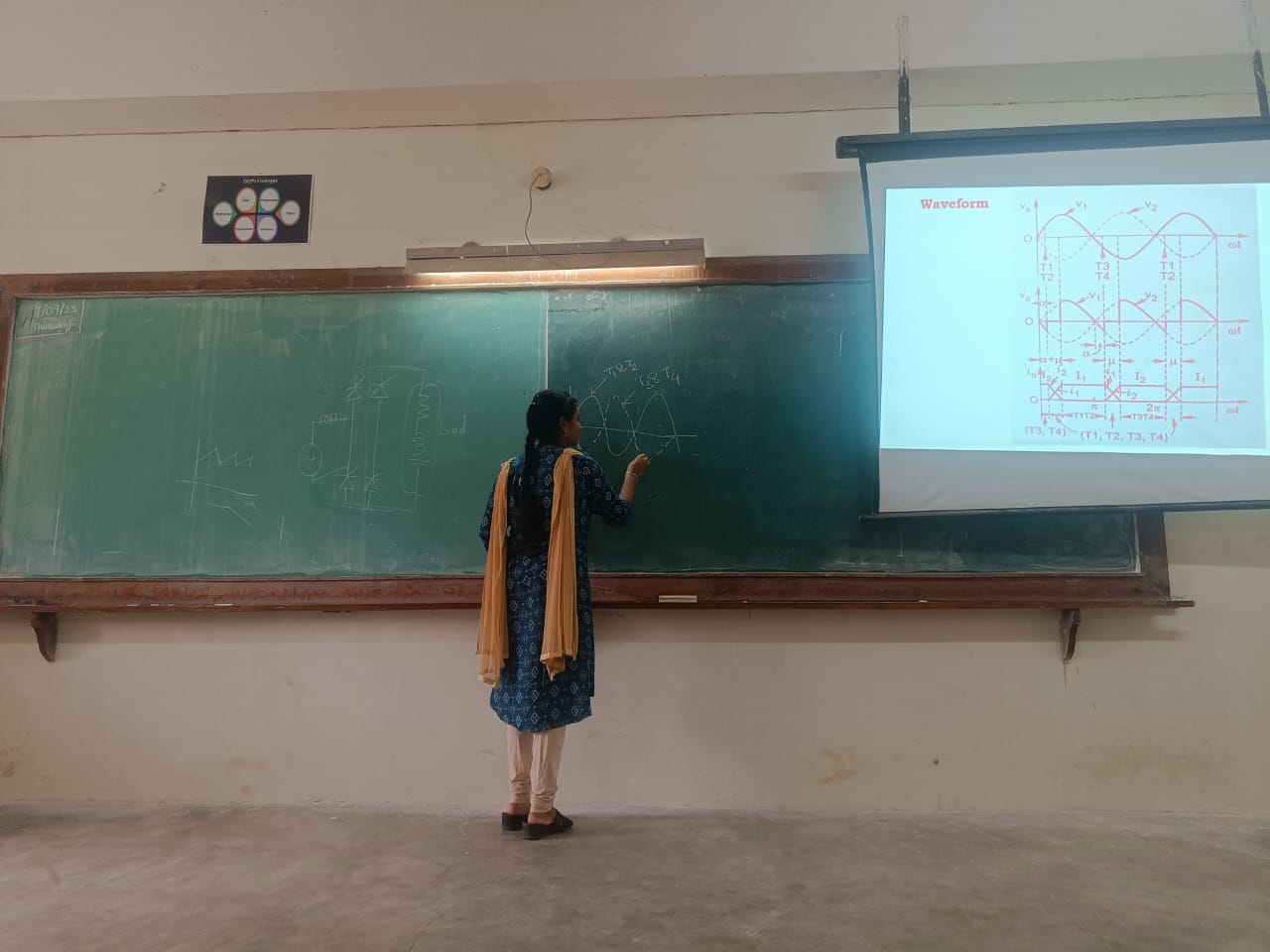
Name of the Labs Available
As its inception in the year 1984, the Society of Electrical and Electronics Engineers (SEEE) of our Department Electrical and Electronics Engineering, comprising of Principal as Patron, Head of the Department as the Chairman, a senior Faculty member as Faculty in charge &Treasurer and all the students as members of SEEE, executed certain technical activities for the benefit of students, which have been followed till now. A student member from final year is the secretary, from third year is the joint secretary and from second year is the assistant joint secretary is elected during every academic year to organize society events and activities.
The core values, Vision and Mission, short term and long term goals include:
During the events and activities conducted through SEEE, senior technical experts from various industries are called upon to deliver about recent trends in industries as well as to insist the importance of lifelong learning.
The regular activities which organized by SEEE are seminars based on trending applications and innovations, Hands on workshops, guest lecture & training courses on various Engineering topics, Gate coaching classes, Inter and Intra Departmental technical activities and National Level Technical Symposium. SEEE also provides financial support for TECH EXPO and other department level activities. Experts from Industries like LPSC/ISRO, KKNPP, TANGEDCO, TANTRANSCO, NLC, DCW etc. and from eminent Institutions are called upon here to deliver keynote address during inaugural function, Symposiums and guest lectures.
Click to View Association Activities
Copyright 2021 © GCE - Dept of CSE | All Rights Reserved.